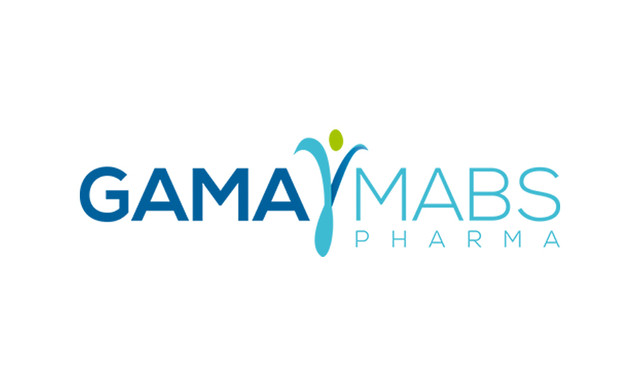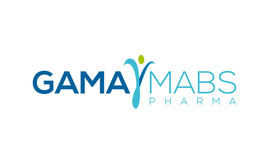A new antibody to fight against ovarian cancer

The anti-Müllerian hormone (AMHRII) plays a key role in sexual differentiation in the human embryo. It is no longer expressed in adults, except at the level of some cells located in the sexual organs. Studies have shown a strong expression of this hormone receptor in tumor cells of various cancers including ovarian cancers.
Tests in culture medium have shown that substances that block the activity of the anti-Müllerian hormone have the ability to reduce the multiplication and survival of tumor cells. According to this assumption, the company Gamamabs has developed an antibody directed against this hormone receptor. To validate its therapeutic potential in patients with ovarian cancer, a collaborative project was initiated between:
- Institut Curie (Laboratory of Preclinical Investigation, Dr. Didier Decaudin and the laboratory of experimental pathology, Drs Anne Vincent-Salomon and Didier Meseure)
- UMR8104 CNRS Cochin Hospital (Dr. Emmanuel Donnadieu)
- GamaMabs Company.
The study took place in three stages. A first part of the work has confirmed by different methods the expression of the "anti-Müllerian" hormone receptor in 60 to 80% of ovarian tumors of patients or preclinical models (cell lines and grafted tumors). A second investigation has shown that the main mechanism of action of this antibody passes through the macrophage cells of the immune system, with in particular a lifting of the pro-tumor immune inhibition frequently observed during the development of cancers. Finally, a third part of the project revealed an effect of the slowdown antibody on tumor growth, mainly in combination with conventional chemotherapy used in ovarian cancer.
This result illustrates the continuum between translational research and clinical research as currently conducted at the Institut Curie, in particular through the use of relevant tumor models developed by the Preclinical Investigation Laboratory, says Didier Decaudin
All of this work was published in the journal Oncotarget. The results validated the therapeutic potential of this antibody and made it possible to initiate a clinical study in patients with ovarian cancer. This study is currently underway on two cancer centers, Institut Curie (under the direction of Dr. Christophe Le Tourneau, responsible for early testing) and Institut Gustave Roussy.

